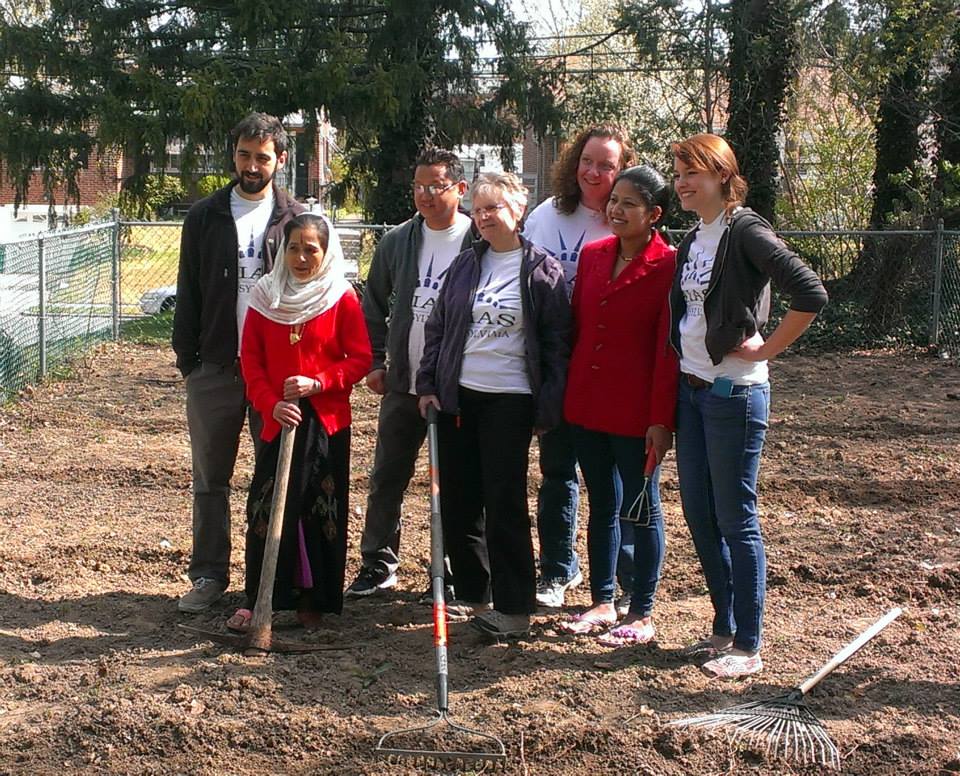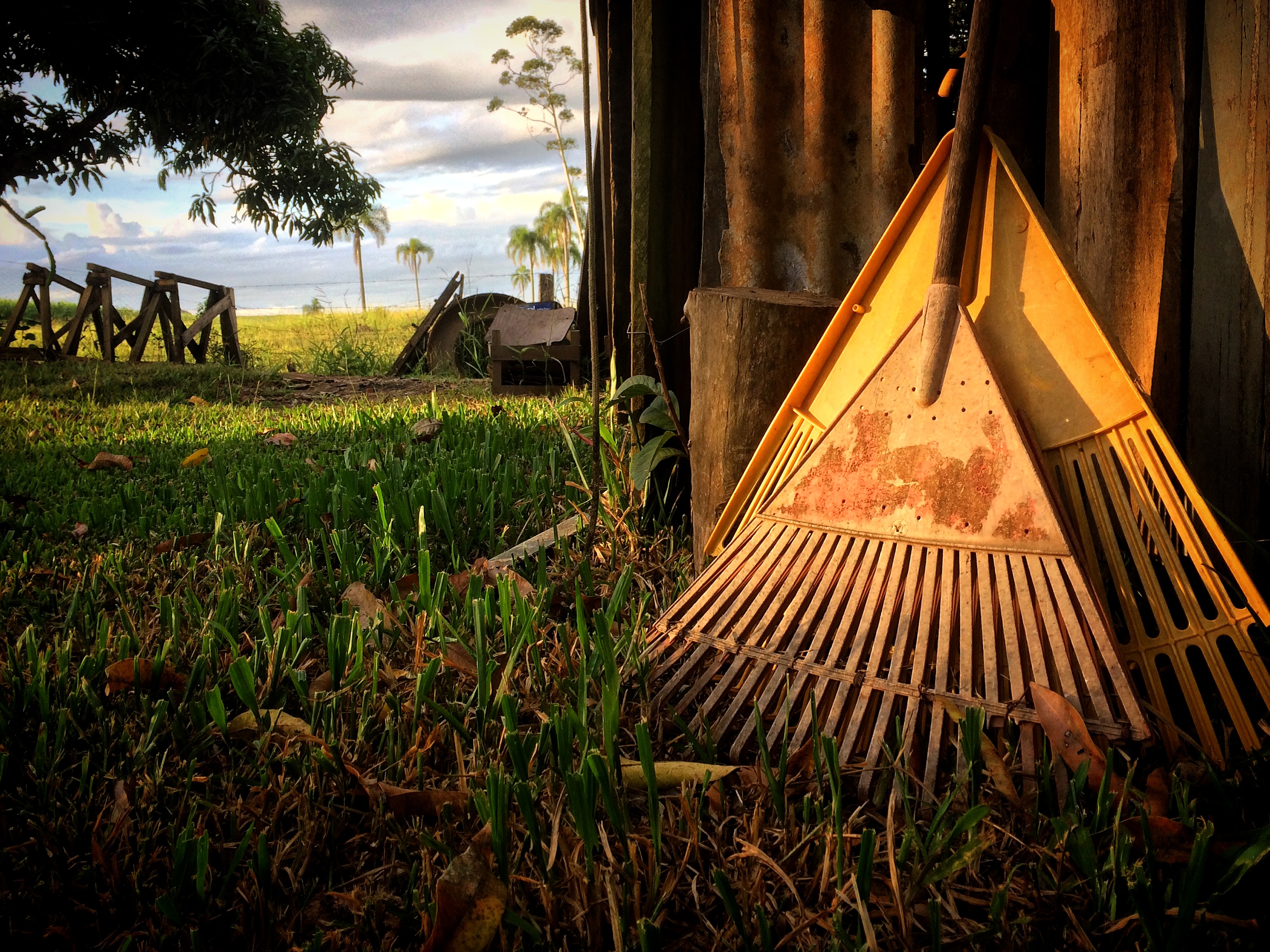How Refugees are Fighting Climate Change and Food Insecurity in U.S. Cities
Entrepreneurs at the UN Youth Climate Summit offered several solutions to food insecurity in areas where agriculture is especially affected by climate change. One of these innovative solutions, developed by pitch competition winner Anurag Saha Roy of Singapore, delivers information directly to small-holder farmers. Anurag Saha Roy explained how his solution, a messaging service that works on inexpensive feature phones via SMS, allows African farmers to “produce 300 percent more grains than [their] current annual output.” Framing climate action in terms of agriculture and efficient uses of land is a very important strategy, considering the number of countries where farming is the primary livelihood.
In the U.S., refugee resettlement agencies have also learned how to frame their services in agricultural terms and have started to not only make cities more accommodating toward refugee farmers, but also more climate-friendly.

Urban agriculture is already an efficacious form of climate action because it involves taking what was previously a monoculture, such as an empty lot or lawn, and turning that space into a diverse ecosystem. The fresh produce grown in community gardens can feed families in working class neighborhoods and food deserts, or it can be sold at a local farmers market to bring money into the community. Ultimately, this urban agricultural movement succeeds in cutting emissions since the food is grown locally and doesn’t need to be transported.
Knowing the positive effects of urban gardening makes it an easy choice for both resettlement agencies and social servants who want to include refugees in their communities. The work also comes naturally to refugees from agrarian nations, as an HIAS employee explains. Facilitating the opening of a garden for Butanese refugees in Northeast Philadelphia is “an opportunity for them to bring their home culture to their new lives here in Philadelphia.”
This model has been applied in many other American cities in a number of different communities, including Somali-Bantu refugees in Lewiston, Maine, Buremese refugees in South Philadelphia, and Hmong refugees in Fresno, California. All these programs are facilitated by resettlement agencies and community organizations.
These community organizations are always looking for volunteers and are a great resource for youth who are seeking information on agriculture or who are interested in learning more about their own communities.
Noah Berkowitz studies Political Science and Anthropology at Arcadia University. He is interested in food justice, has worked at a watershed agency, and is hoping to work in political communications. He lives outside Philadelphia and is on the board of his school’s sustainability organization.




